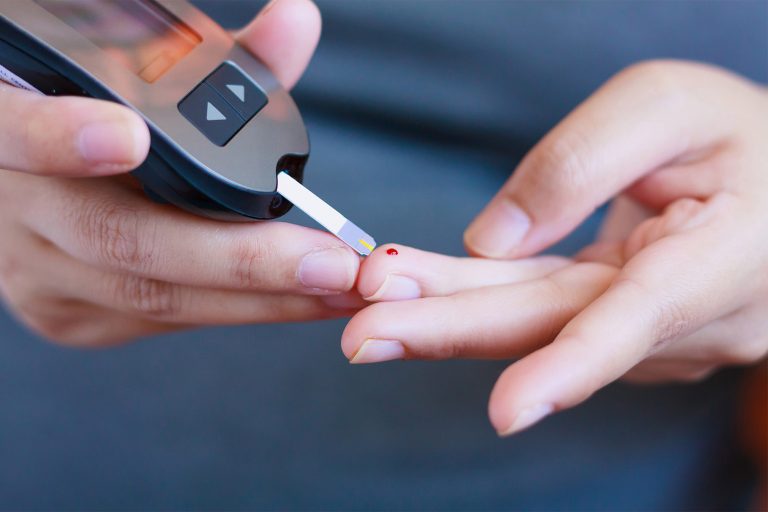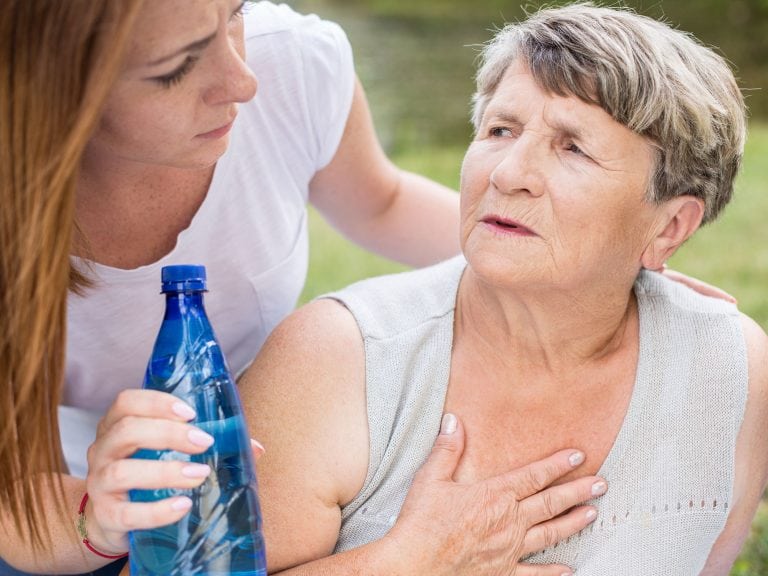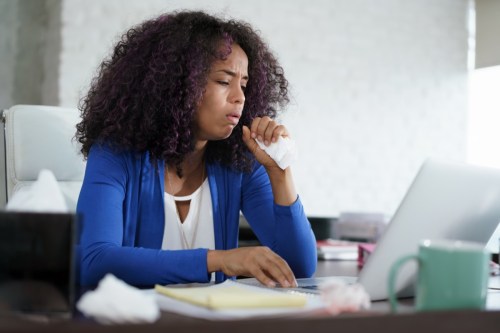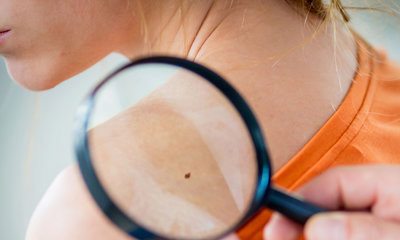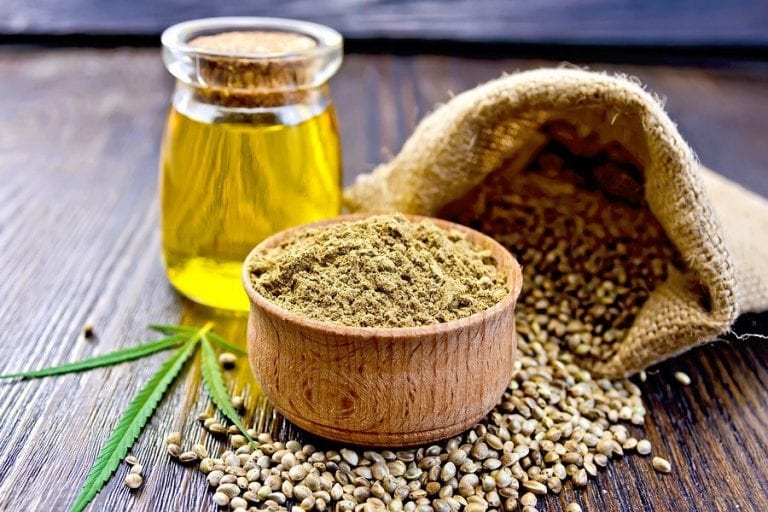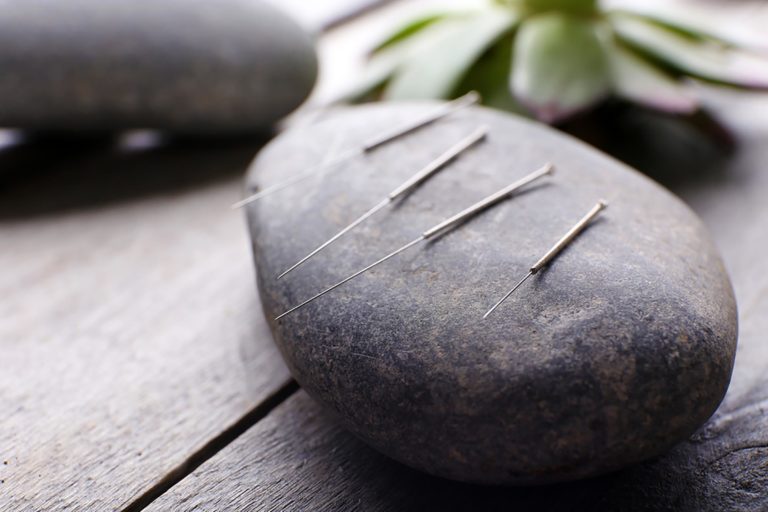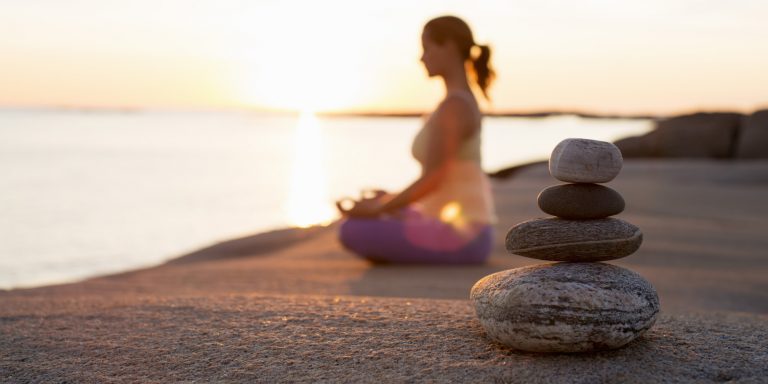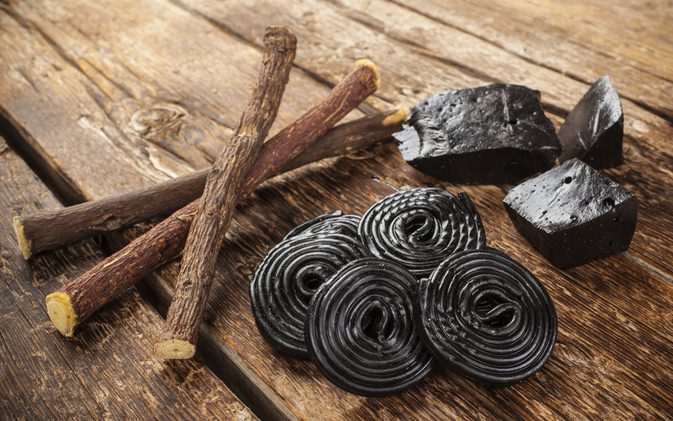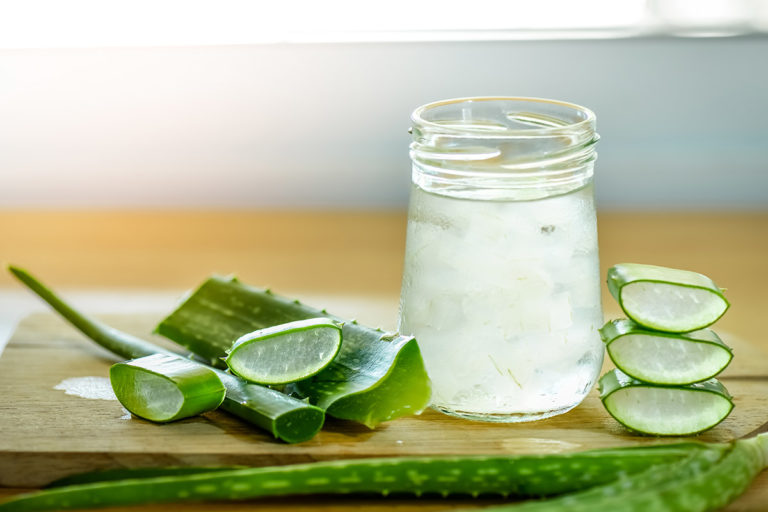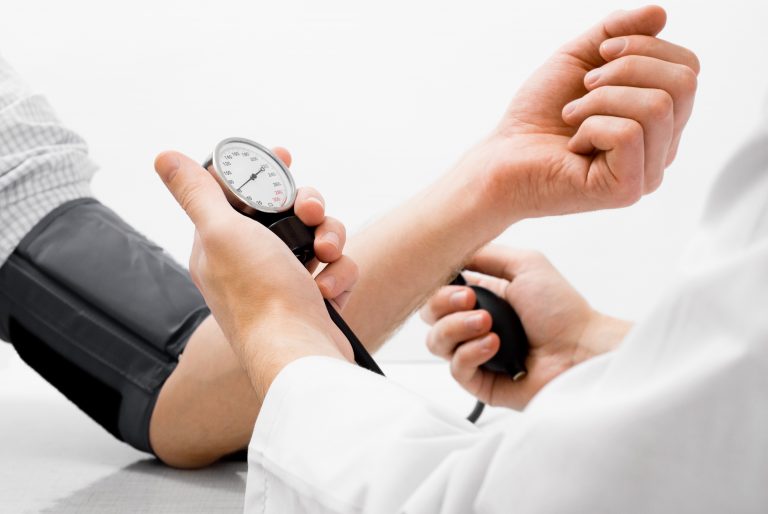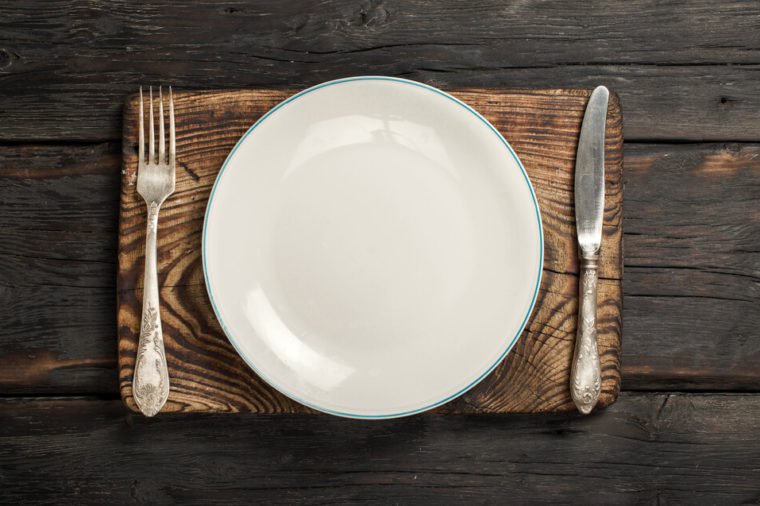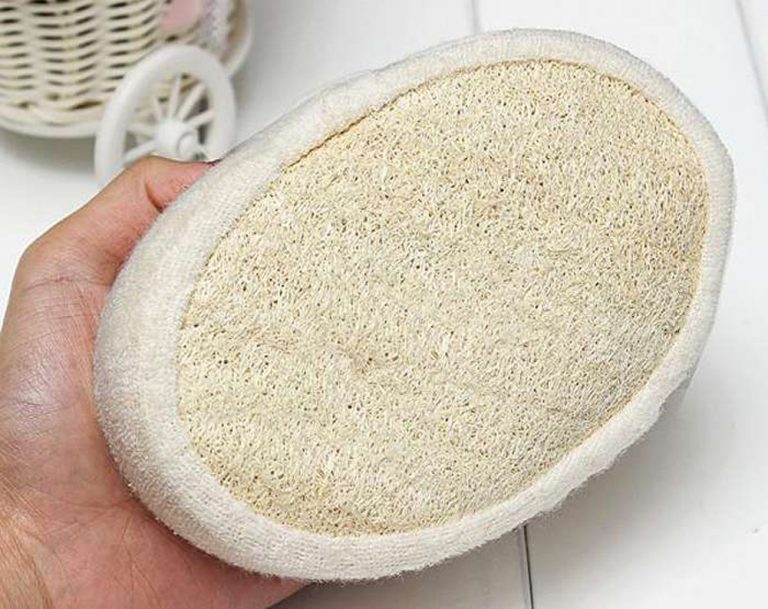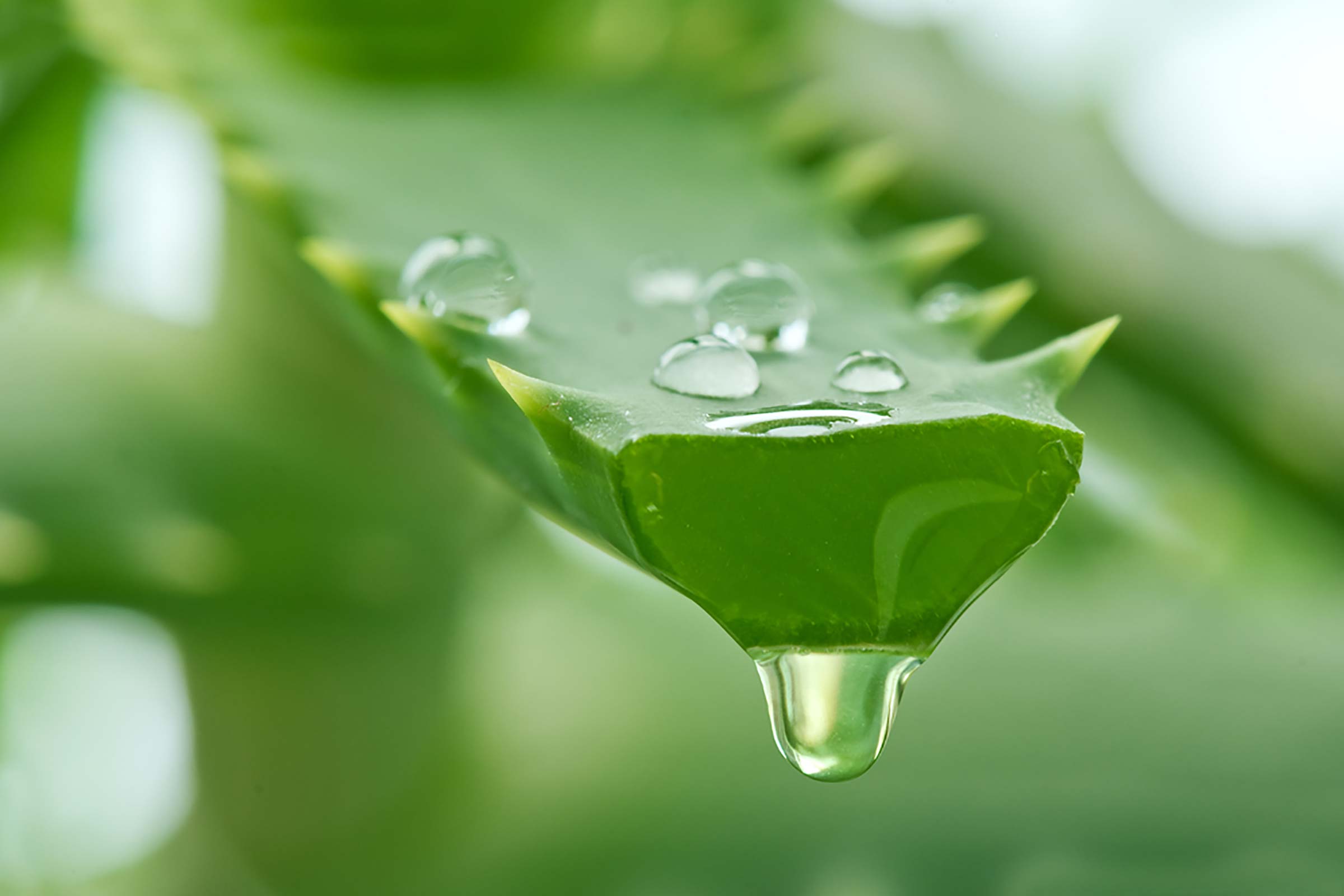
Many of us are quick to turn to aloe vera as the ultimate sunburn solution after a long day at the beach—but it’s those same soothing and healing benefits that can make the prickly plant ideal for all sorts of bodily uses.
According to Britt Brandon, AKA the Ultimate Fit Mom and author of The Everything Guide to Aloe Vera for Health, you can incorporate aloe vera into your daily routine in simple ways. “Implement aloe into the diet by adding to smoothies, salads, etc.,” she says, “or utilize aloe vera for topical applications by combining it with other products.”
And with aloe available in a variety of forms (powder, liquid, and gel), high-quality store-bought selections can reap the same benefits as those straight from the plant. Just make sure the product has been approved by the “International Aloe Science Council (IASC), which monitors the production and manufacturing of quality aloe products,” she advises.
Aloe vera speeds the healing of sores, burns, and wounds
The plant contains anti-inflammatory compounds to help heal agitated skin, plus it’s also an antibacterial substance that fights off potential infections to get wounds on the way to recovery sooner. In fact, a study concluded that aloe vera can accelerate the healing process for minor burn wounds approximately nine days faster than conventional medication.
Aloe vera soothes irritated skin
If you live with a common skin condition like eczema, psoriasis, or rosacea, you’ve probably tried every treatment in the book—but there’s a reason why many sufferers swear by aloe vera. “With powerful phytochemicals that help reduce inflammation, aloe vera has been found to be an effective anti-inflammatory agent,” says Brandon.
Aloe vera moisturizes skin
Ditch the scented lotions and lather up with something natural. According to a review by the Indian Journal of Dermatology, not only is aloe vera rich in vitamins A, C, and E, but it also contains minerals and antioxidants that bind skin cells to soften the outer layer and improve skin integrity.
Aloe vera may help treat wrinkles
No, really. By increasing collagen production, aloe vera was shown to have anti-aging effects in a study published in the Annals of Dermatology. It additionally contains zinc, which serves as an astringent to tighten pores, enhance skin elasticity, and smooth wrinkles.
Aloe vera may help clear acne
If you’re prone to pimples, consider using aloe vera as a natural cleanser to clear your skin at the end of the day. Aloe vera naturally contains salicylic acid which kills off the bacteria that’s festering underneath your skin and contributing to your breakouts.



